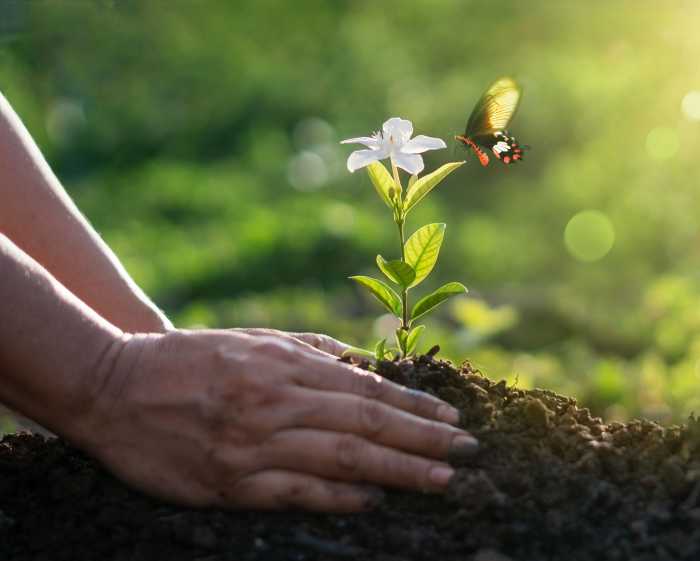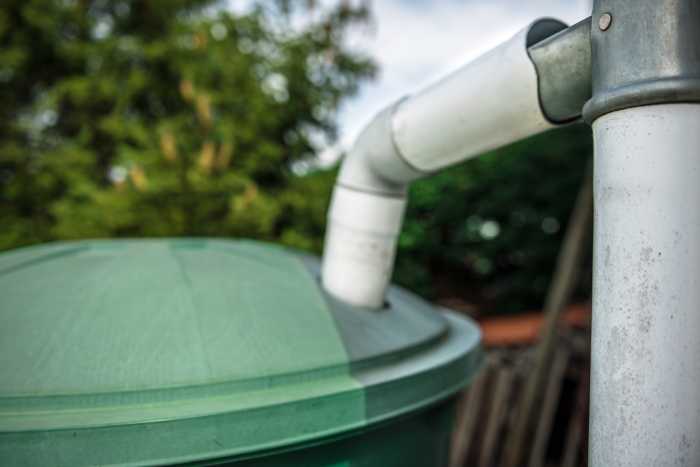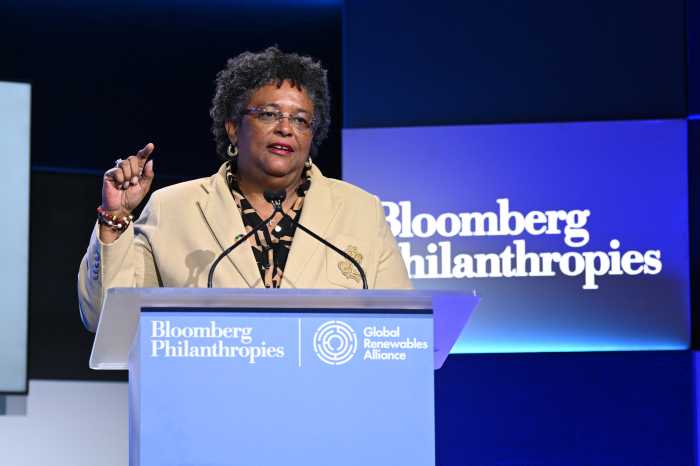News stories from around the country focus on blizzards, ice storms, tornadoes, droughts, and other natural disasters. It seems that we live at the mercy of Mother Nature. We do not control our lives; Mother Nature instead controls us.
G. K. Chesterton, however, wrote in “Orthodoxy” that, “The main point of Christianity was this: that Nature is not our mother: Nature is our sister.” He argued that because we share the same father, we are siblings. Nature has no authority over us. “Nature is a sister, and even a younger sister: a little, dancing sister, to be laughed at as well as loved.”
Siblings help us understand the world; they even help us understand our parents. Indeed, nature can help us understand our creator. James Fennimore Cooper, in “The Pathfinder,” repeated this theme. He writes, “The woods are the true temple after all, for there the thoughts are free to mount higher even than the clouds.” Furthering his point, Cooper says, “I agree with you in saying if you want a truly religious man, go to sea, or go into the woods.” Once again he echoes, “You cannot—no one can live among such scenes without feeling how much they ought to trust in God!”
Chesterton did not downplay nature when he suggested that she is our sister. Indeed, in most cases, our sibling relationships outlast all others. In the normal course of events, our parents die a generation before we do. For most of us, we never meet our spouse until we are teens or young adults. Our children typically come even later. Our relationships with our siblings outlast all others.
In healthy sibling relationships, we honor and respect each other. Likewise, we need to respect all of nature. Failure to do so will result in serious consequences. For example, failure to recognize the realities of our biology will seriously handicap us. In “The Drifters,” James Michener wrote, “I have seen too many friends die of leukemia or blood poisoning not to respect my blood, whose delicate balances had better not be disturbed. It has always perplexed me that our young people, who have been so judicious in opposing the pollution of rivers, should be so indifferent to the contamination of their own bloodstreams.”
Granted, in typical childhood sibling relationships, we experience many rivalries, which challenge us to grow and mature. Not only do we unkindly complain about our dearly beloved siblings, we also inappropriately complain about nature. As John Donne, in “Devotions Upon Emergent Occasions” writes, “It is a half atheism to murmur against Nature, who is God’s immediate commissioner.”
Few of us are ever tempted to worship our siblings, although we sometimes put our parents on pedestals. Worship of nature is a failure to recognize the distinction between the creator and the creation. In “The Rock,” Kanan Makiya writes, “God abhors the manifold forms of nature worship. He wants us to search for His One transcendent essence.”
Although the analogy of nature as our sister works better than the analogy of nature as our mother, there is a sense in which the analogy falls short. In the creation mandate, we are instructed to have dominion over nature. My parents never gave me any dominion over my sister. Although there are a few times I tried to establish such dominion, she never allowed it. Our charge to have dominion over nature is not consistent with the sister analogy.
Instead, there is a sense in which nature is our responsibility, just as it is my responsibility to care for my children and just as it is my responsibility to invest and minister in the children of the next generation. When nature sends tornadoes our way, we cannot control them. Nevertheless, we have made huge strides in the last 20 years in providing more advanced warning, and hence saving many lives. We have developed the technology of building safer shelters, also saving many lives.
I work diligently to train my children, and to invest in the youth around me, but I cannot control their choices either. I can seek to instill wisdom, but I cannot determine their choices.
I am responsible to have dominion over creation. That does not mean that I control nature. It does not mean that I get to make all the choices. It does mean that my choices need to be wise, taking into account all information that is available. Likewise, I do not get to make the decisions for my youth, yet my training, advice, and love need to surround them as they grow and mature.
Nature is not our mother; we must not worship her. Instead, nature is part of God’s creation, and our responsibility. We must seek to establish dominion over all spheres of nature. That dominion is part of our worship of our Creator.
—Dr. Gary L. Welton is assistant dean for institutional assessment, professor of psychology at Grove City College, and a contributor to The Center for Vision & Values. He is a recipient of a major research grant from the Templeton Foundation to investigate positive youth development.

























